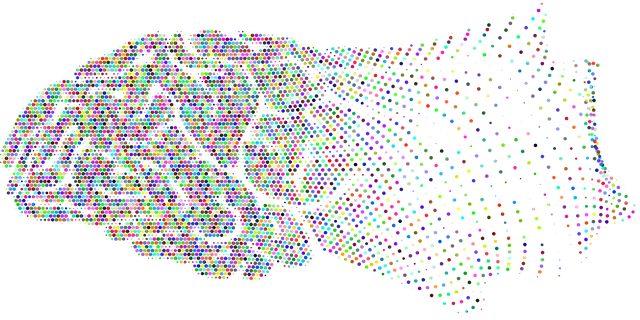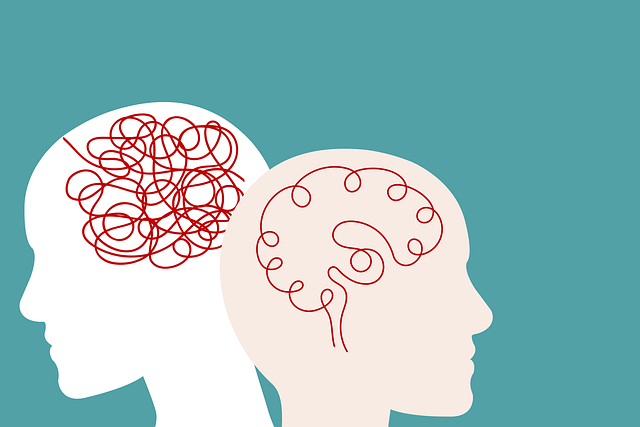Mental health conditions like depression and anxiety can lead to social isolation, exacerbating symptoms. Denver Parenting Skills Therapy offers a specialized approach combining therapy, support groups, and self-care routines to improve social interactions. Through evidence-based methods, this program teaches communication skills, emotional regulation, and building positive relationships, reducing anxiety and fostering meaningful connections. Group therapy sessions build a supportive network, while community engagement provides real-world practice, ultimately improving mental health outcomes with Denver Parenting Skills Therapy.
Social skills training is a powerful tool for managing mental health conditions, improving quality of life, and fostering meaningful connections. This article explores the significant impact of mental health on social interactions and introduces effective strategies, with a particular focus on Denver Parenting Skills Therapy. We delve into how this approach enhances social abilities, offers group therapy benefits, and encourages community engagement to support individuals navigating mental health challenges.
- Understanding the Impact of Mental Health Conditions on Social Interactions
- The Role of Denver Parenting Skills Therapy in Social Skills Training
- Effective Strategies for Developing and Enhancing Social Abilities
- Building a Supportive Network: Group Therapy and Community Engagement
Understanding the Impact of Mental Health Conditions on Social Interactions

Mental health conditions can significantly shape an individual’s social interactions, often presenting unique challenges in various settings. Conditions such as depression, anxiety disorders, or even more severe psychotic disorders, can lead to social withdrawal, making it difficult for individuals to connect and engage with others. This isolation can further exacerbate symptoms and negatively impact overall well-being. For instance, a study focusing on Denver parenting skills therapy revealed that parents managing mental health conditions often struggle with understanding their children’s emotions, which is crucial for fostering healthy relationships.
Developing self-care routines is a vital component of managing these conditions. Encouraging individuals to prioritize mental health awareness and emotional intelligence can significantly enhance their social skills. Through therapy and support groups, learning effective coping strategies and improving emotional regulation enables people to navigate social situations more confidently. This, in turn, fosters meaningful connections, promotes better communication, and creates a supportive network, ultimately contributing to improved mental health outcomes.
The Role of Denver Parenting Skills Therapy in Social Skills Training

Denver Parenting Skills Therapy offers a specialized approach to social skills training, targeting individuals with mental health conditions who often struggle with interpersonal interactions. This therapy focuses on teaching practical strategies and techniques that promote healthy communication, emotional regulation, and positive relationships. Through various evidence-based methods, clients learn to navigate social situations more effectively, reducing the challenges associated with anxiety relief and stress reduction in their daily lives.
The program is designed to be comprehensive, considering each individual’s unique needs and background. It incorporates elements of risk assessment for mental health professionals, ensuring a safe and supportive environment where participants can build confidence and enhance their social capabilities. By combining traditional therapy techniques with innovative practices, Denver Parenting Skills Therapy empowers individuals to foster meaningful connections and improve their overall well-being.
Effective Strategies for Developing and Enhancing Social Abilities

Social skills training plays a pivotal role in managing and improving mental health conditions, offering a path to enhanced well-being for individuals seeking Denver parenting skills therapy or support for other challenges. Effective strategies for developing and enhancing social abilities include structured group therapy sessions where participants learn and practice communication, conflict resolution, and empathy. These activities foster emotional regulation, a crucial aspect often targeted in crisis intervention guidance, enabling individuals to better manage their responses in stressful situations.
Moreover, individual counseling sessions can provide tailored depression prevention strategies, focusing on cognitive behavioral techniques to reframe negative thought patterns and improve social interactions. By integrating these approaches, therapy becomes dynamic and personalized, addressing not just symptoms but also the underlying mechanisms that contribute to mental health conditions. This holistic strategy is key to sustainable recovery and improved quality of life.
Building a Supportive Network: Group Therapy and Community Engagement

Building a supportive network is an integral part of social skills training for individuals with mental health conditions. Group therapy sessions in Denver Parenting Skills Therapy provide a safe space where participants can connect, share experiences, and learn from one another. This collaborative environment fosters a sense of belonging and understanding, which are crucial for those navigating mental illness. By engaging in group discussions and activities, individuals can develop essential social competencies while receiving crisis intervention guidance tailored to their unique challenges.
Community engagement complements group therapy by offering real-world opportunities for practicing newly acquired skills. Mental illness stigma reduction efforts often begin with increased interaction between individuals with mental health conditions and the broader community. Participating in local events, volunteering, or joining support groups allows individuals to build meaningful connections, enhance their self-esteem, and challenge societal perceptions. These experiences can empower people to embrace their identities, promote understanding, and foster inclusive communities.
Social skills training, as demonstrated by programs like Denver Parenting Skills Therapy, plays a pivotal role in managing mental health conditions. By understanding the impact of these conditions on social interactions and employing effective strategies, individuals can significantly enhance their ability to connect and engage with others. Group therapy and community engagement further strengthen this process, creating a supportive network that fosters growth and well-being. Incorporating these approaches can lead to improved quality of life and better overall mental health outcomes.









